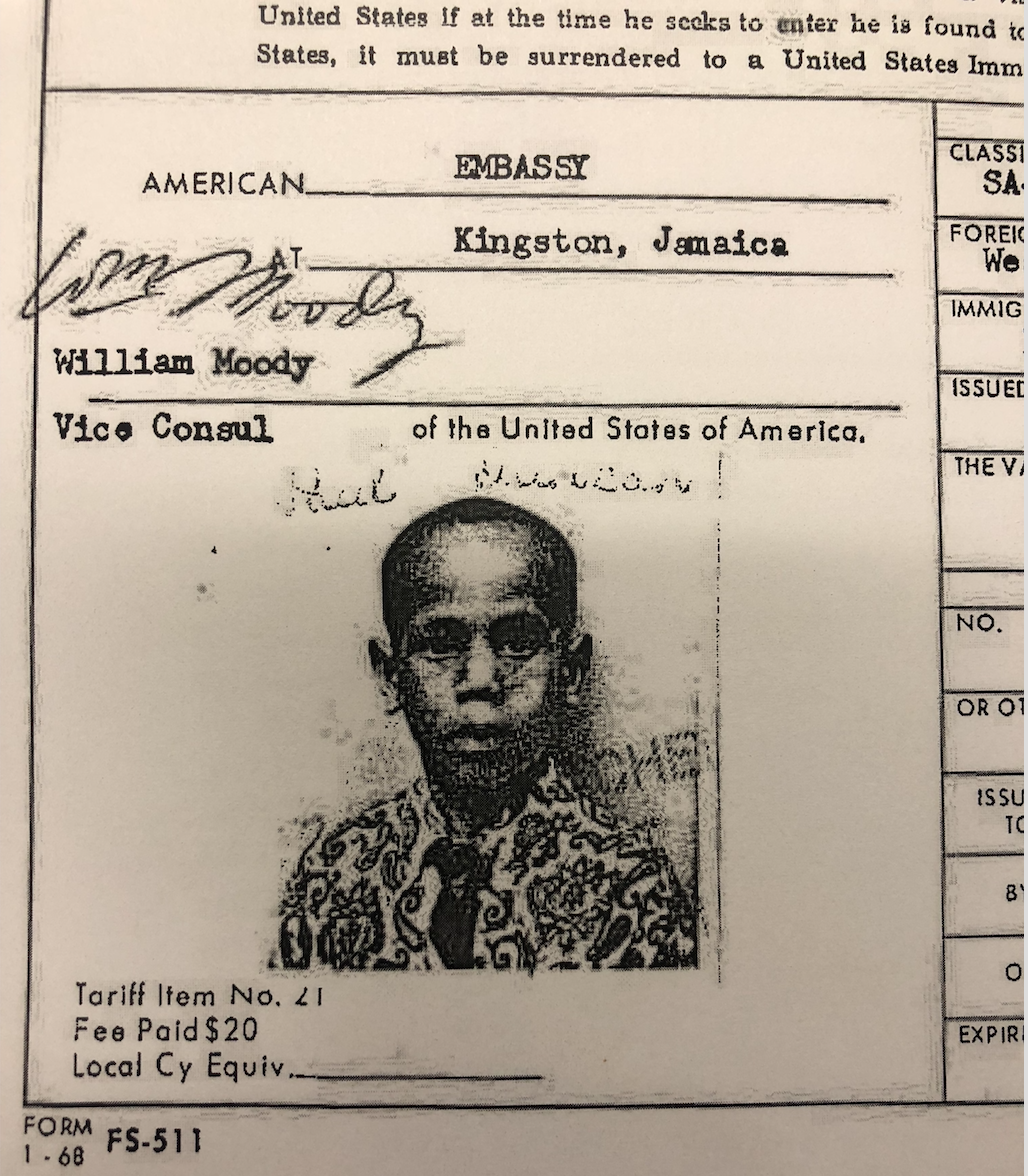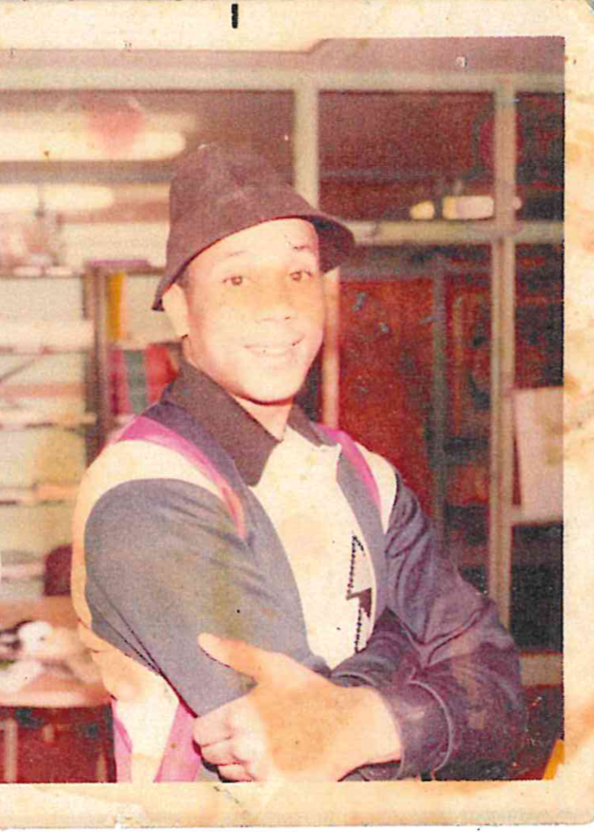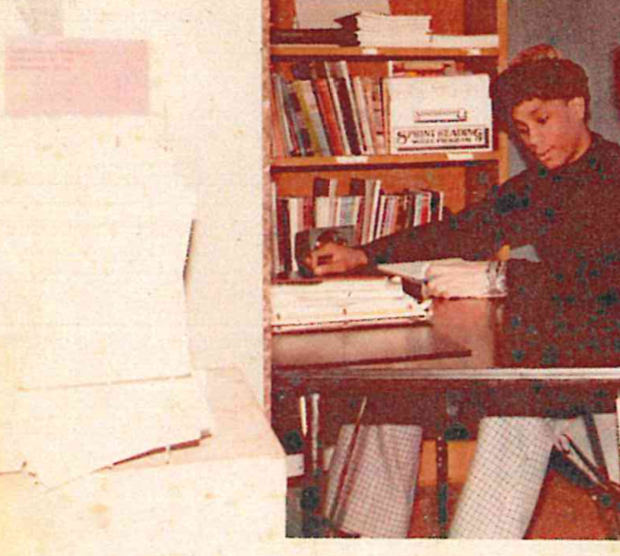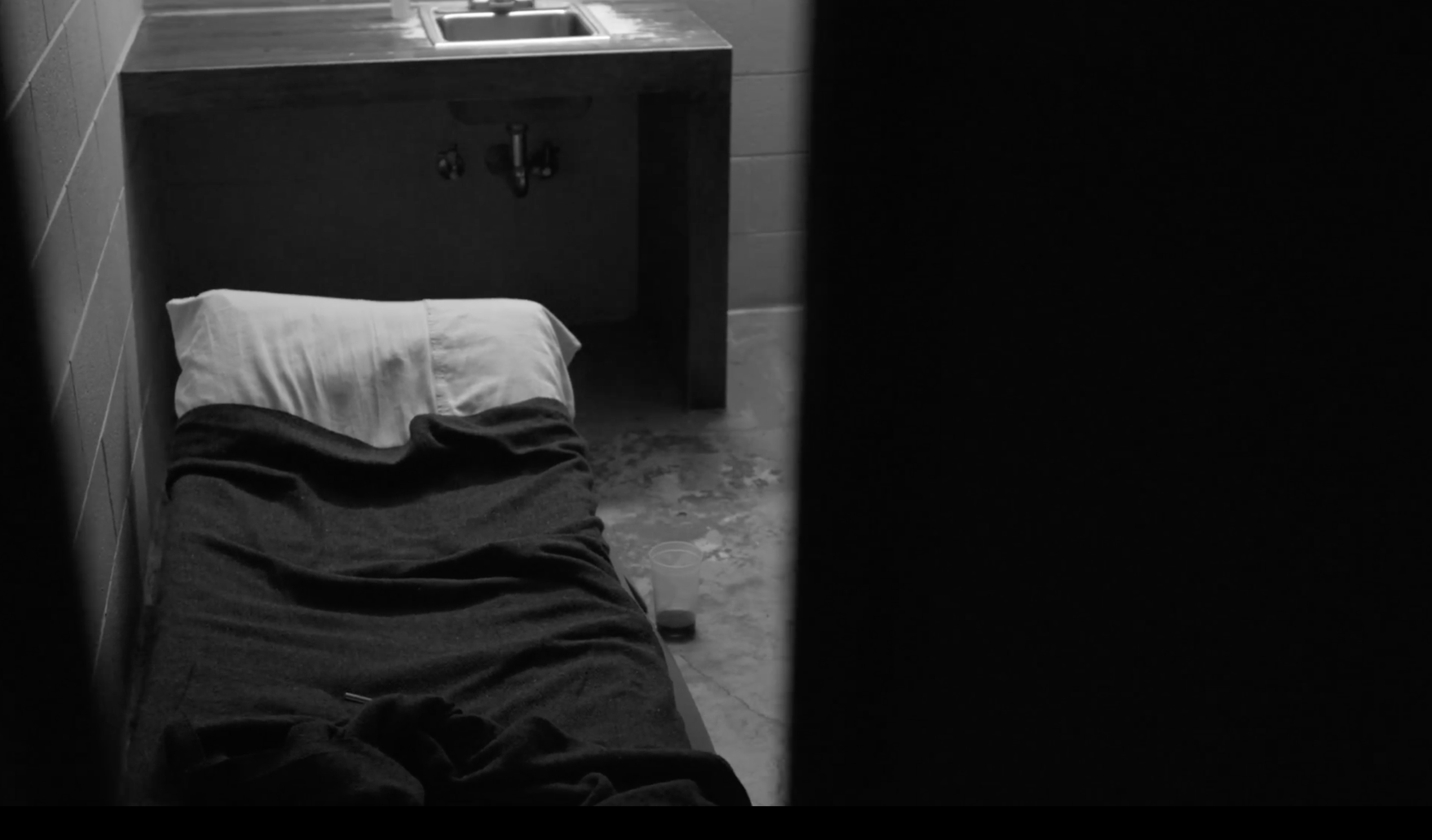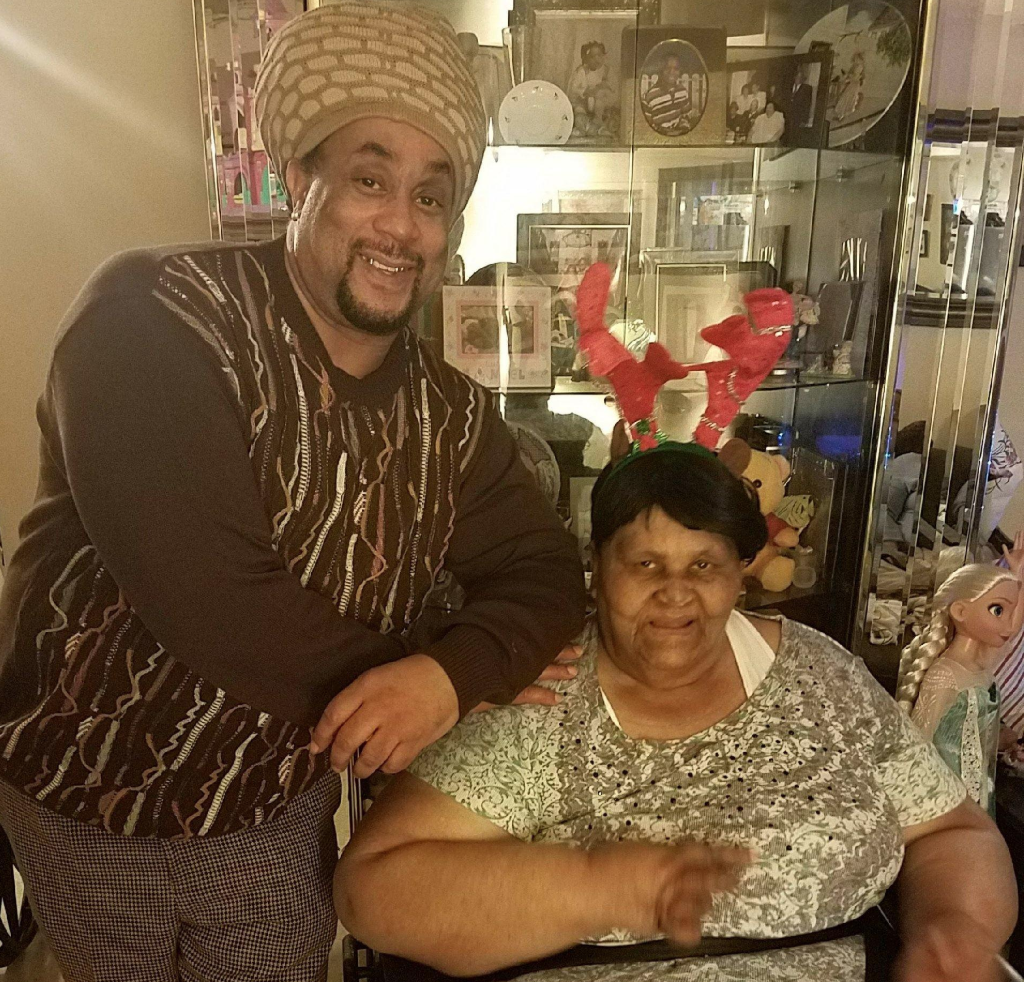Early Years in America
When I first was brought to America, I lived in Brownsville, Brooklyn where I started first grade. I had a tied tongue and a bad speech problem. I also had a strong Jamaican accent and people had a hard time understanding the dialect I spoke. It was extremely difficult for me to learn and make friends.
In 1973 in the fourth grade, I moved to East New York, a notoriously dangerous community. This I where all the problems started. Gangs, drugs and violence dominated the neighborhood. Kids in school bullied me and I gave in to peer pressure and started hanging out with the wrong crowd. I felt this was the only way I could survive. I started getting high and skipping school.
